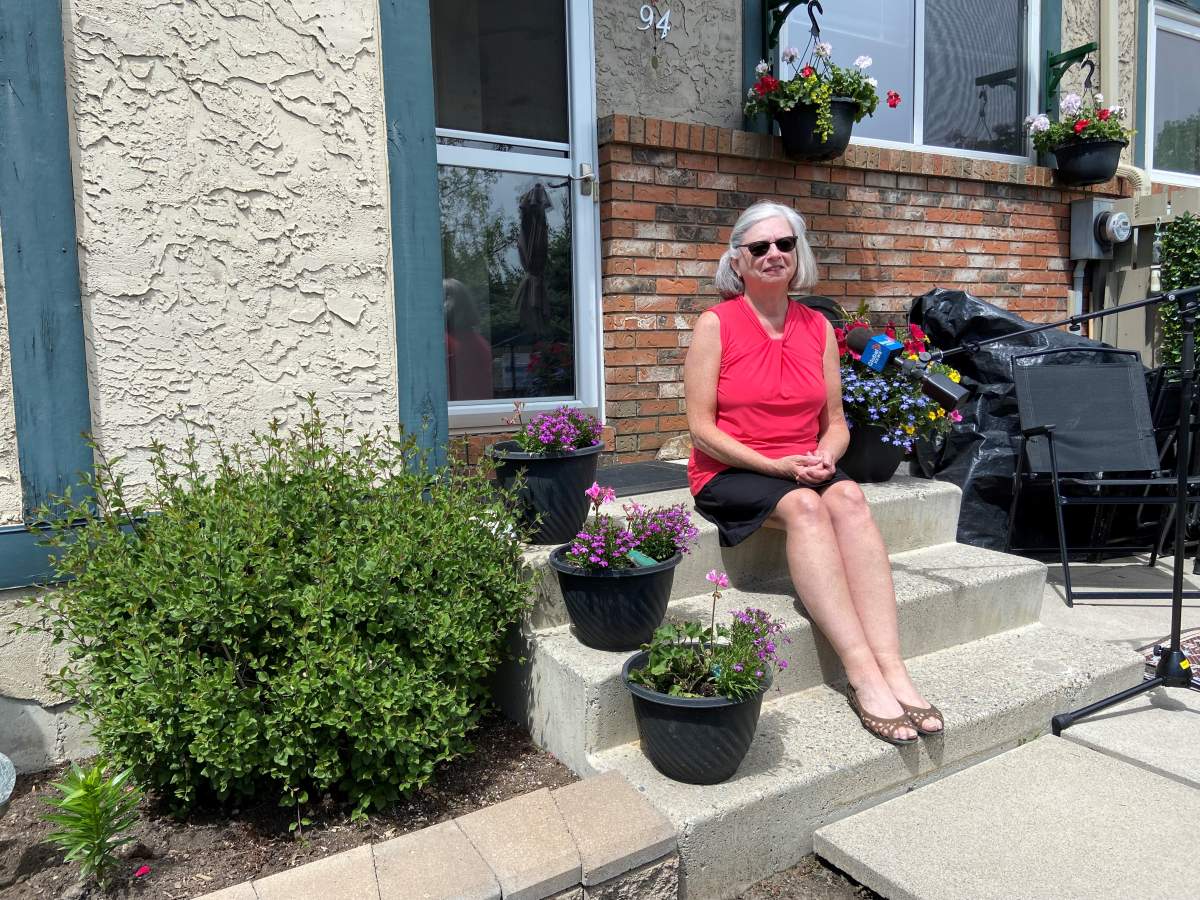She affectionately calls it lefty.

Lauren Herschel often wonders about who got the left kidney she donated to a stranger.
Ten years ago, she became Calgary’s first anonymous living kidney donor.
“My dad was critically ill when I was a teenager and that gave me an appreciation for suddenly finding out your life is a lot shorter than you anticipated,” Herschel said.
She’s journaled about it for the last decade, imagining if it was a mother who had the chance to watch her kids grow or a grandfather who was able to see his grandkids get married.
“I’m not looking for praise or thank you. I just want to know how the story continued for them,” Herschel said.
More than 53 per cent of all living donors aren’t a blood relative of the recipient. Herschel said she’s OK not knowing whose life she saved.
“It’s exponentially changed my life in ways I didn’t think,” Herschel said. “I am far more confident. It’s deepened my empathy and made me a person to try things out of my comfort zone.”
Her experience also helped shape the living donor program in Calgary and raised awareness.
“I had the opportunity to talk about what worked, what didn’t work, and I know they revamped their program after me. I am proud knowing my experience affected the process for future people,” Herschel said.

Get weekly health news
She volunteers for the Kidney Foundation of Canada and encourages all to consider donating.
“It’s easier than you think. I was back to work in just under two weeks. It was such a small amount of time to do something that will give someone else years and years of a higher quality of life. It’s an easy trade-off,” Herschel said.
Joyce Van Deurzen, executive director for the Kidney Foundation of Canada’s southern Alberta and Saskatchewan branches, said the waiting lists are long. The average wait time for a kidney transplant from a deceased donor is over three-and-a-half years.
Living donors can help shorten the wait times. The kidney paired donation program has made 742 transplants possible since 2008.
“If you’re needing a kidney and you have someone willing and eligible to donate but isn’t a match, they can go into paired exchange pool and get matched with a stranger,” Van Duerzen said.
“It sets off quite a chain of donations.”
Nineteen years ago, Carol Hockley received a kidney transplant from an anonymous deceased donor.
“I think of the donor and the family a lot. I always think how I could say thank you. They have given me this ultimate selfless gift of life. How do you say thank you to somebody?” Hockley said.
In her gratitude, she keeps her donor’s sacrifice in mind, living as healthy a life as possible.
“I am very fortunate I got a kidney transplant. I could have led a different life than I have now,” Hockley said.
She encourages others to have conversations with family members about their wishes.
“Kidney transplant is not a cure but it’s an option for the best chance of returning to a normal life,” Hockley said.







Comments
Want to discuss? Please read our Commenting Policy first.